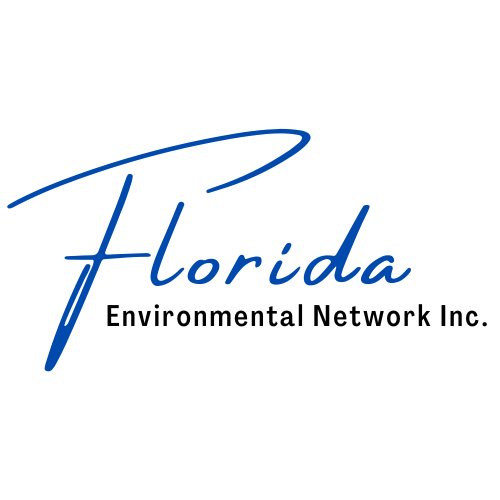EARLY BIRD A: THE KEYS TO SUCCESS FOR THE PRACTICING ENGINEER
Stay current on laws/rules, Get up to speed on the latest ethics cases, Protect yourself in contracts, and Reduce your exposure to risks
Come join our panel of experts in a 4-hour interactive, small group setting, as they provide the practicing engineer with the keys to a successful practice, including the essential updates that govern the practice of engineering in the state of Florida, issues affecting federal contractors and subcontractors, and the latest “best practices” to manage professional risk to yourself and your firm. Our experts will help guide you with concrete strategies and tips for managing risks, including work practices, protective contract language, and deciphering the complexities of other risk management tools such as insurance and bonding. Additionally, you will receive the latest instruction on any changes to the rules and statutes affecting the engineer, as well as any guidance resulting from individual disciplinary and unlicensed practice cases. This session will also include a one-hour presentation on Engineer Ethics to fulfill the Florida Board of Professional Engineering Continuing Education requirement for the renewal cycle. During the presentation, we will discuss, in-depth, some specific disciplinary cases related to Ethics and a Case Study in Professional Engineer Ethics. Don’t miss this opportunity to tune up your professional practice knowledge and prepare yourself and your firm to manage professional risk. (As a bonus, you will also be satisfying your biennial Laws, Rules, and Ethics continuing education requirements in a far more rewarding way than taking another online quiz!) Instructors: Michael Harding, Kellie Tomeo
EARLY BIRD B: NEW TOOLS, OLD RULES: ETHICS AND TECHNOLOGY FOR ENVIRONMENTAL PROFESSIONALS
Join us for a panel discussion on business, ethics, and technology for the modern environmental professional! The types of professions in the environmental field are as varied as the problems the professionals encounter. Whether you are an engineer, lawyer, or consultant, and whether you practice in the public or the private sector, your clients rely on you to provide adaptable, ethical, effective, quality work. The first half of the session will provide you with tools, tips, tricks, and resources to be able to provide that work whether you work in the office, in the field, or in a coffee shop, and will include a discussion of how the various ethical requirements for attorneys and other environmental professionals interplay with the increasing use of technology. It will also discuss the intricacies of moving between the public and private sectors and analyze various ethical rules related to switching from public to private clients, working in remote locations, and various public records laws. Panelists will provide practical pointers to address each of these issues and offer tried-and-true advice to help professionals become more organized and effective by using digital devices to their full capabilities in light of ethical responsibilities. Part I of the session will finish with a discussion on troubleshooting your most vexing and everyday annoyances problems encountered using technology. After the break, the second half of the session will focus on the online technology tools created by environmental agencies and local governments that environmental professionals can use to find answers to client questions and research queries. Part II will explore a variety of database tools to find information such as property ownership, permit status, water quality data, contamination information, and other public records. The panel will feature agency personnel, software developers, and experienced users to learn the latest tips and tricks to make online information searches yield the best results. This will be an interactive experience and dialogue to explore and hone the skills environmental professionals need to effectively use these online resources. The session is designed to educate both the novice and the experienced technology user and is expected to generate Florida Bar CLE credits for ethics and technology. BYOD – Bring Your Own Device and Follow Along!
Part I – Using Technology to Work Effectively in and out of the Office Instructors: Kathryn B. Rossmell, F. Joseph Ullo, Jr., Gina Chiello,
Part II – Government Agency Resources and Databases Instructors: Carlyn Kowalsky, Duane Piper, Julia Lomonico, Michelle Reiber, Kurt Saari
EARLY BIRD C: RESILIENCY: Effective Pre and Post-Disaster Mitigation
Hurricanes Ian and Nicole have reinforced the idea that Floridians must plan for and implement sustainable cost-effective measures designed to both reduce the risk to individuals and property from future natural hazards and disasters, while also aiming to reduce reliance on federal funds moving forward. Hazard mitigation activities are intended to reduce the cost of recovery from a disaster and can be implemented in preparation of the inevitable storm and also to expedite recovery and strengthen the community post-storm. Join our panel to discuss strategies implemented in Florida and elsewhere that will touch upon effective pre and post/disaster mitigation at the local, state, and federal levels of government. Instructors: Mike Flood, Tom Frick, Dan DeLisi, Jennifer Languell, Carolina Maran, Miguel Torres Diaz, Danielle Irwin

